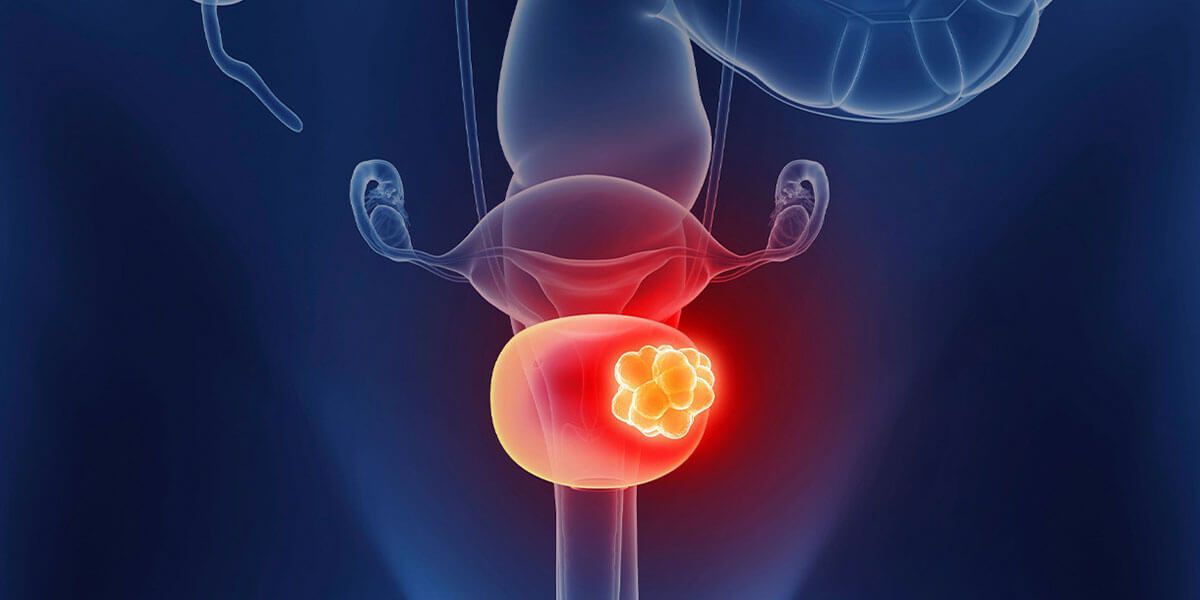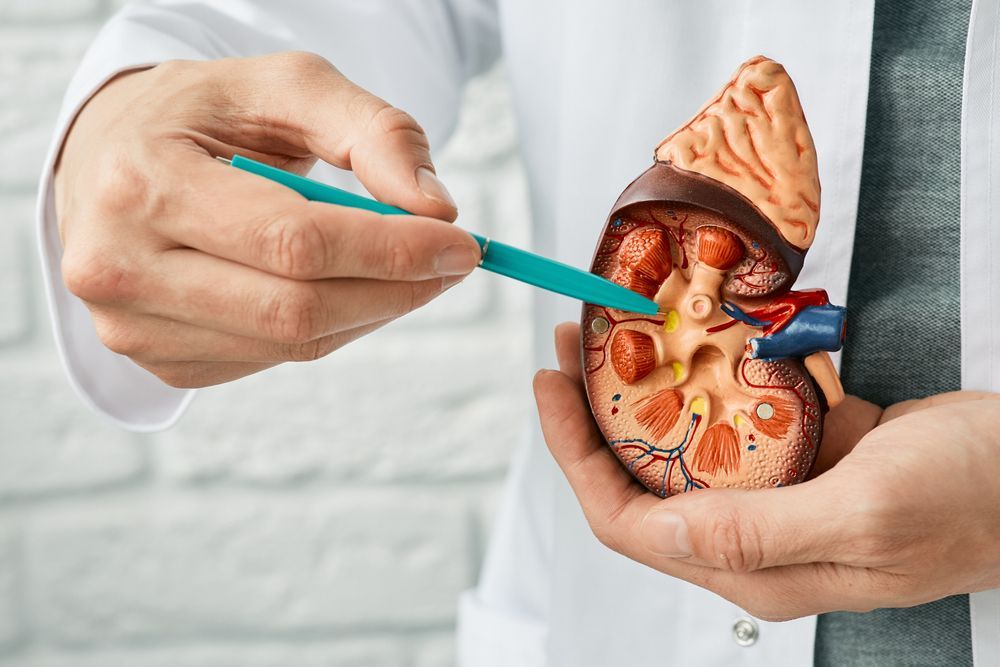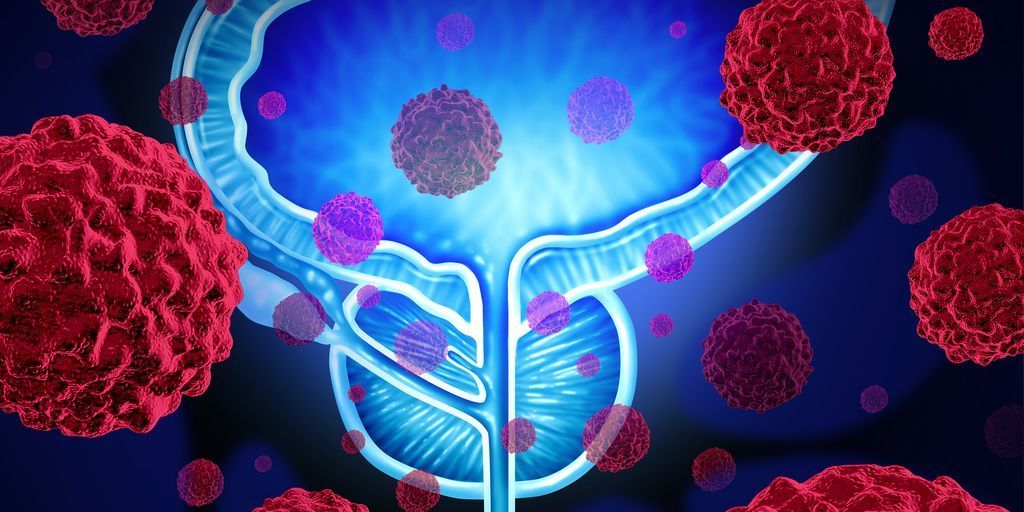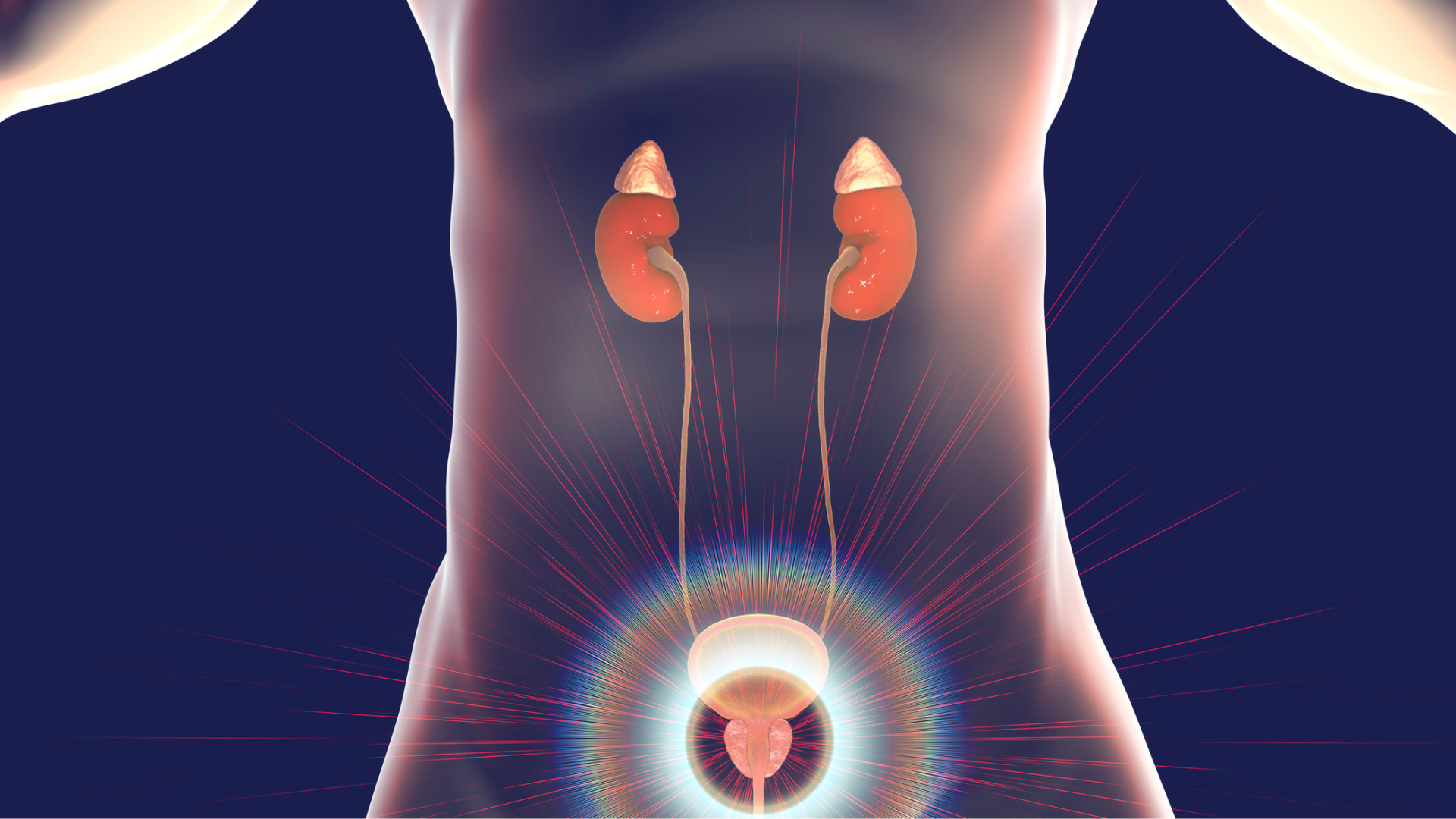CANCER
xxx
BLADDER CANCER

Bladder cancer is a form of cancer that begins in the tissues of the urinary bladder. Typical signs may entail blood in the urine, discomfort during urination, and lower back pain. It is vital to promptly seek medical assistance if you or someone you know is experiencing these symptoms.
Treatment Options for Bladder Cancer
When it comes to bladder cancer, there are several treatment options available. Let’s explore them:
Surgery:
- Transurethral Resection of Bladder Tumor (TURBT): During this procedure, a specialized tool called a resectoscope is inserted through the urethra to remove abnormal tissues or tumors from the bladder.
- Cystectomy: This involves either partial removal of the bladder (partial cystectomy) or complete removal of the bladder (radical cystectomy).
Chemotherapy:
- Intravesical Chemotherapy: Medications (such as Gemcitabine/Cisplatin, Methotrexate/Vinblastine/Doxorubicin/Cisplatin (MVAC), or Cisplatin/Methotrexate/Vinblastine (CMV)) are injected directly into the bladder via a catheter to kill cancer cells.
- Systemic Chemotherapy: Intravenous administration of chemotherapy drugs to target cancer cells throughout the body.
Immunotherapy:
- Drugs like Atezolizumab, Durvalumab, and Avelumab help boost the immune system’s ability to fight against cancerous cells.
Targeted Therapy:
- Medications specifically designed to target abnormal cancer cell growth.
Radiation Therapy:
- High-energy radiation is used to kill cancer cells in the bladder.
Remember that treatment decisions are highly individualized and depend on factors such as the cancer stage, grade, age, and overall health of the patient.
xxx
KIDNEY CANCER
Kidney cancer, also known as renal cell carcinoma, occurs when malignant cells develop in the kidneys. These bean-shaped organs, located near the middle of your back, play a crucial role in filtering waste products from your blood and producing urine.
Common symptoms of kidney cancer include flank pain, high blood pressure, and blood in the urine. As with all cancers, early detection is essential for successful treatment. Risk factors for kidney cancer include obesity, age, tobacco use, hypertension, and certain inherited conditions. If left untreated, kidney cancer can lead to complications such as metastasis, liver dysfunction, and elevated levels of red blood cells. Regular medical screenings and lifestyle modifications are essential for prevention

Treatment Options for Kidney Cancer
The treatment approach for kidney cancer depends on the stage of the disease and the patient’s overall health. Treatment options include Surgery: Nephrectomy, which involves removing either the entire kidney, the kidney along with adrenal glands, or only the cancerous tumor.
- Immunotherapy: Medications like nivolumab stimulate the immune system to fight against cancer.
- Targeted Therapy: Drugs such as sunitinib and cabozantinib specifically target abnormal cancer cell growth.
- Radiation Therapy: Used to kill cancer cells.
- Dietary Changes: Managing weight loss and avoiding foods high in oxalate. If you or someone you know exhibits symptoms of kidney cancer, seek medical attention promptly
PROSTATE CANCER
xxx


Prostate cancer typically emerges in men aged 55 and older, with the average age of diagnosis being 70. Men with a family history of the disease, particularly those with a father or brother who had it, are at a higher risk. While the precise cause of prostate cancer remains unknown, some studies indicate that a diet high in fat may be a contributing factor, whereas a diet abundant in fruits and vegetables could potentially be beneficial.
Multiple tests can be conducted to aid in the detection and diagnosis of prostate cancer.
- Digital Rectal Examination (DRE) – palpate for any abnormalities or firmness in the prostate gland
- Prostate Specific Antigen (PSA) – a blood test that detects a protein secreted by the cells of the prostate gland
- Trans-rectal Ultrasound – a rectal probe emits sound waves to create a visual representation of the prostate gland.
- Cystoscopy: A direct visual examination involves passing a thin, lighted tube through the penis to inspect the urinary bladder and prostate.
- Biopsy: Involves obtaining a small piece of tissue from the prostate by sampling through the rectal wall.
Treatment Options for Prostate Cancer
Treatment options for prostate cancer are based on the grade and stage of the tumor, patient’s age, physical health, and personal preferences. There are several general treatments:
- Watchful Waiting – undergoing close, periodic follow-up with physical examinations, DRE, and PSA testing. This is most often recommended for patients over the age of 70.
- Radiation Therapy – utilizing X-ray energy to destroy the tumor cells via external radiation or radioactive seeds implanted during surgery
- Prostatectomy – surgical removal of the entire prostate gland
- Hormonal Therapy – male hormones are required for a prostate cancer to grow; testosterone is the most important male hormone. Reducing testosterone levels can be accomplished by medication and through surgery can put prostate cancer in a remission stage.
Interested in our services? We’re here to help!
We want to know your needs exactly so that we can provide the perfect solution. Let us know what you want and we’ll do our best to help.

QUICK LINKS
Office :Hours; Monday-Friday 8:00 - 5:00PM -
Closed on Saturday and Sunday
All Rights Reserved |Griffith Urology

QUICK LINKS
Office :Hours; Monday-Friday 8:00 - 5:00PM -
Closed on Saturday and Sunday
All Rights Reserved |Griffith Urology
